Second vaccine to arrive in Romania
The first tranche of Moderna vaccines is expected to arrive in Romania on Wednesday
Warning: Trying to access array offset on null in /home/web/rri.ro/public/wp-content/themes/rri/template-parts/content.php on line 53

Warning: Trying to access array offset on null in /home/web/rri.ro/public/wp-content/themes/rri/template-parts/content.php on line 98
Roxana Vasile,
12.01.2021, 14:00
After the American – German Pfizer/BioNTech vaccine, it’s time for the Moderna vaccine, developed in the US, to arrive in Romania, a week after it was approved for use in the European Union. The first tranche of 14,000 doses is expected on Wednesday, as the coordinator of the national vaccination campaign, the army doctor Valeriu Gheorghiţă, has announced. He has also stated that the Moderna vaccines will be shipped to Romania once a week or every two weeks and that, in the first quarter of this year, the total will reach a maximum of 450,000 doses, very few compared to those received from Pfizer / BioNTech.
Valeriu Gheorghiţă has stressed that doctors will decide which vaccine will be administered to each person who wants to be immunized. Even if we wanted to leave it to the people to choose, it is not possible, because there will be vaccination centers that will not have access to both types. But the vaccines are the same: two doses, the same messenger RNA, the same efficacy, the same safety profile, doctor Valeriu Gheorghiţă explained. In other words, the use of Moderna vaccines will depend on the availability and needs of immunization centers.
If in the case of Pfizer / BioNTech, the minimum age at which the anti-Covid-19 vaccine is administered is 16 years, for Moderna, the minimum age is 18. The Pfizer / BioNTech vaccine should be kept at minus 80 degrees, the Moderna vaccine at minus 20.In the case of the Pfizer / BioNTech vaccine, the interval between the two jabs is three weeks, in that of Moderna, four weeks. The protective immune response to Covid-19 appeared, in the case of the Pfizer / BioNTech vaccine seven days after the second dose and for Moderna, 14 days after the second dose. The effectiveness of both vaccines is similar: 94-95%.
After the first stage of the national vaccination campaign against Covid-19, targeting the health personnel, at the end of this week Romania should enter the second stage, which mainly targets the elderly and the chronically ill, regardless of age, the number of which is estimated at four million. Adding to them are over one million employees of some sectors of activity that are essential for the functioning of the state. Herd immunity would be acquired if 60-70% of the country’s population is vaccinated. Worldwide, however, health experts quoted by Reuters say that the vaccination campaigns that have already started in many countries will not ensure such collective immunity this year due to limited access to vaccines in poor countries, community trust issues and potential mutations of the virus.
(M. Ignatescu)






























